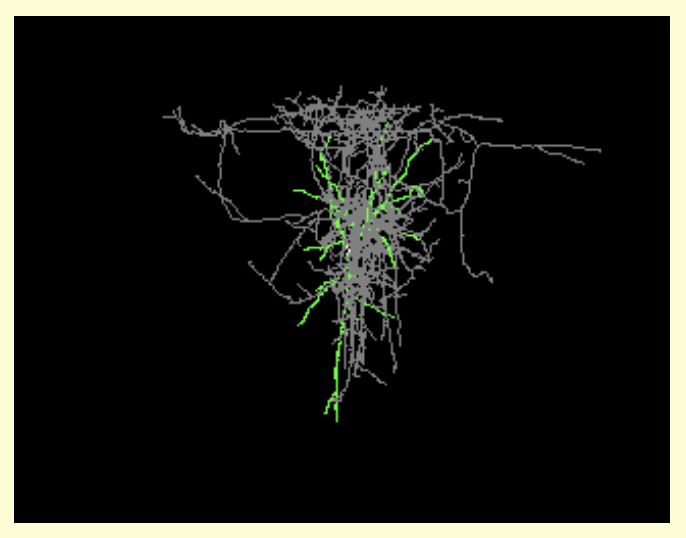Proper Citation: Macaque.org (RRID:SCR_002767)
Description: THIS RESOURCE IS NO LONGER IN SERVICE, documented May 10, 2017. A pilot effort that has developed a centralized, web-based biospecimen locator that presents biospecimens collected and stored at participating Arizona hospitals and biospecimen banks, which are available for acquisition and use by researchers. Researchers may use this site to browse, search and request biospecimens to use in qualified studies. The development of the ABL was guided by the Arizona Biospecimen Consortium (ABC), a consortium of hospitals and medical centers in the Phoenix area, and is now being piloted by this Consortium under the direction of ABRC. You may browse by type (cells, fluid, molecular, tissue) or disease. Common data elements decided by the ABC Standards Committee, based on data elements on the National Cancer Institute''s (NCI''s) Common Biorepository Model (CBM), are displayed. These describe the minimum set of data elements that the NCI determined were most important for a researcher to see about a biospecimen. The ABL currently does not display information on whether or not clinical data is available to accompany the biospecimens. However, a requester has the ability to solicit clinical data in the request. Once a request is approved, the biospecimen provider will contact the requester to discuss the request (and the requester''s questions) before finalizing the invoice and shipment. The ABL is available to the public to browse. In order to request biospecimens from the ABL, the researcher will be required to submit the requested required information. Upon submission of the information, shipment of the requested biospecimen(s) will be dependent on the scientific and institutional review approval. Account required. Registration is open to everyone.. Documented on June 8, 2020.Macaque genomic and proteomic resources and how they are providing important new dimensions to research using macaque models of infectious disease. The research encompasses a number of viruses that pose global threats to human health, including influenza, HIV, and SARS-associated coronavirus. By combining macaque infection models with gene expression and protein abundance profiling, they are uncovering exciting new insights into the multitude of molecular and cellular events that occur in response to virus infection. A better understanding of these events may provide the basis for innovative antiviral therapies and improvements to vaccine development strategies.
Abbreviations: Macaque.org
Synonyms: Macaque.org
Resource Type: data or information resource, research forum portal, organization portal, portal, topical portal, disease-related portal, laboratory portal
Keywords: genomic, hiv, infection, proteomic, virus, simian immunodeficiency virus, influenza virus, animal model
Expand Allhas parent organization |
We found {{ ctrl2.mentions.total_count }} mentions in open access literature.
We have not found any literature mentions for this resource.
We are searching literature mentions for this resource.
Most recent articles:
{{ mention._source.dc.creators[0].familyName }} {{ mention._source.dc.creators[0].initials }}, et al. ({{ mention._source.dc.publicationYear }}) {{ mention._source.dc.title }} {{ mention._source.dc.publishers[0].name }}, {{ mention._source.dc.publishers[0].volume }}({{ mention._source.dc.publishers[0].issue }}), {{ mention._source.dc.publishers[0].pagination }}. (PMID:{{ mention._id.replace('PMID:', '') }})
A list of researchers who have used the resource and an author search tool
Find mentions based on location

{{ ctrl2.mentions.errors.location }}
A list of researchers who have used the resource and an author search tool. This is available for resources that have literature mentions.
No rating or validation information has been found for Macaque.org.
No alerts have been found for Macaque.org.
Source: SciCrunch Registry





